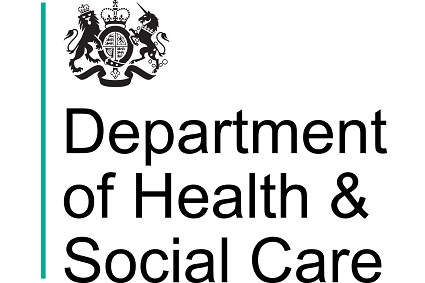Trials to find preventative COVID-19 treatments for most vulnerable to launch in UK
Two new clinical trials to develop treatments to prevent people catching (coronavirus) COVID-19 are to launch in the UK.
 Hundreds of thousands of the UK’s most vulnerable people could be set to benefit from innovative treatments that stop them catching COVID-19, as 2 new government-funded clinical trials launch in the UK.
Hundreds of thousands of the UK’s most vulnerable people could be set to benefit from innovative treatments that stop them catching COVID-19, as 2 new government-funded clinical trials launch in the UK.
The trials will test the effectiveness of treatments - which have already shown promising early results for treating COVID-19, in preventing the virus and therefore its transmission among care home residents and those with weakened immune systems, such as transplant patients or those on dialysis.
Any treatment proven to be safe and effective will be rapidly made more widely available on the NHS, and will mean people for whom COVID-19 vaccines may be less effective due to their lowered immune systems - such as cancer patients - will have additional protection to prevent infection and serious illness.
The PROTECT-V trial, run by the University of Cambridge, will look at potential COVID-19 treatments’ effectiveness in reducing the spread of the virus amongst immunocompromised groups. It launched this month and will last at least 12 months.
There are at least 500,000 people who could benefit from these treatments in England alone, and 2,250 are expected to take part in the clinical trial.
The PROTECT-CH trial, run by the University of Nottingham, will also look at treatments for reducing transmission and serious illness from the virus, for care homes, their residents and staff. The trial will begin in May 2021 and last around 2 years.
It aims to recruit more than 400 care homes to take part, covering approximately 12,000 elderly residents, with any approved treatments having the potential to be rolled out to the 420,000 care home residents across the UK.
For more information visit: GOV.UK
Published March 20 2021
Latest from CCTU
Targeting the immune system could prevent future heart attacks, Cambridge-led trial suggests
Cambridge researchers have discovered that an existing therapy which boosts protective immune cells in people who have recently had heart attacks reduces…
Cambridge study finds hot flush treatment has anti-breast cancer activity
A drug mimicking the hormone progesterone has anti-cancer activity when used together with conventional anti-oestrogen treatment for women with breast…
Innovative trial offers hope on World Pancreatic Cancer Day
An early-stage trial, recently opened at Addenbrooke's Hospital, offers new hope to people with late-stage pancreatic cancer and their families.
…






